#Mobility
Let Mobility Die: Hyundai Showcases Dumb, Spider-legged Thing for CES 2019
Hyundai kicked off the New Year by teasing a concept vehicle it claims can tackle just about any terrain in a manner befitting Inspector Gadget. That’s because it’s time for the 2019 Consumer Electronics Show (CES), which is the premiere event for showcasing half-baked and incomplete technological marvels in a desperate effort to titillate investors and tech fetishists.
For Hyundai, that meant rolling out computer-generated images of Project Elevate and its Ultimate Mobility Vehicle (UMV) after a few days of gentle teasing. Normally, I wouldn’t touch a topic like this if I wasn’t planning on making fun of it — which is what I intend to do here. But before getting too deep into the ridicule, there’s an important takeaway to be made: This lack of vision might herald the final days of mobility-based marketing.
Volvo Proudly Bringing No Cars to AutoMobility LA
Volvo has decided not to bring any vehicles to AutoMobility LA, the tech-focused preamble to the Los Angeles Auto Show. The reason? The brand says it’s not an auto show, despite the word auto being in the title. Volvo claims the industry is changing and so are the expectations of the people who use them. While this may be true to some extent, many people still expect carmakers to promote their cars and aren’t likely to swayed by mobility jargon or a rotating centerpiece that solidifies Volvo’s narrative.
Earlier this week, we mentioned Volvo’s launch of a social media campaign that includes a photograph of a phone displaying text reading “ this is not a phone.” The gambit effectively built intrigue for the show, but the campaign will continue in LA — resulting in a display featuring “a number of interactive demonstrations of connectivity services, such as in-car delivery, car sharing, [and Volvo’s] vision for autonomous driving.” But no cars.
What Does Ford Look Like As a Mobility Company?
These days, every automaker is in the midst of a metamorphosis, eager to emerge from their chrysalis as a “mobility company.” Even brands that don’t seem bent on completely revolutionizing their business model now use the term in reference to themselves.
Ford, which has positioned itself as a mobility company ever since Mark Fields was steering the ship, is among those pushing the narrative the strongest. Fields may have been fired for having a lofty, tech-focused vision that couldn’t charm investors, but much of it carried over to Jim Hackett’s tenure as CEO. Ford desperately wants to be seen as a cutting-edge nameplate.
However, the assumption among industry experts is that it’s lagging behind General Motors in terms of autonomous driving, electrification, and the ability to tap into alternative revenue streams. We sometimes wonder how accurate those assumptions are.
The Latest Mobility Breakthrough: a 'Fiat'
Lime, the company that sent electric scooters driven by traffic-unaware short-term renters to every corner of the continent, has a new mobility plan. While e-scooters and bikes are great for travelling short distances in the city (a fact many pedestrians and motorists would disagree with), sometimes you need to go up hills, or perhaps travel further — and with more people — than a two-wheeled conveyance would allow.
What to do? Call on an automotive brand that’s desperate for sales, that’s what. Oh, and those aren’t Fiat 500s. They’re LimePods.
Pilotless Pacifica Rides for Paying Customers Are Just a Month Away: Report
Waymo expects to quietly rolls out a commercial, autonomous ride-hailing service early next month, a new report claims, making it the first such service to open itself up to paying customers.
The company, a subsidiary of Google parent Alphabet, has tested a fleet of driverless Chrysler Pacifica Hybrids in Arizona for some time, recently bringing a group of non-paying riders on board for free test trips in the Phoenix area. Now, it’s time for the real show to start, albeit slowly.
GM's Eyeing Your Tool Shed, Not Just Your Garage, for Revenue
If you’re a GM owner in one of three American cities, you’re already able to put your vehicle on the short-term rental market. Now, imagine if you could do the same for your lawnmower. And that kid of yours hardly ever uses his skateboard anymore. What about those rollerblades you picked up in 1992 but mothballed due to the stigma? Everything’s a possibility in this age of micro-mobility and peer-to-peer sharing.
General Motors’ Maven mobility arm, which started off renting company-owned vehicles to cash-strapped taxi haters before launching a pilot with privately-owned cars and trucks, now has its eye on your yard care appliances — and who knows what else.
Ford Taking Electric Scooters for a Spin
We were wrong. There will be a new Ford-offered vehicle slotted below the EcoSport for the low-income/urban greenie crowd. It’s not very aerodynamic or powerful, but that won’t matter, as you’ll never own it.
Yes, it’s a scooter. A Spin scooter, to be clear, and it’s poised to mingle with Birds and Limes on a congested roadway or sidewalk near you. Ford Motor Company has agreed to buy the San Francisco-based startup for a healthy sum, all part of its efforts to break into the “micromobility” arena. A massive roll-out starts today.
Pontiac? General Motors' New Vehicles Need a Name
Not to be outdone by Ford Motor Company’s Bay Area bikeshare program, General Motors has unveiled two new, two-wheeled vehicles that are sure to get any Camaro ZL1 owner’s pulse racing. We’ve poked fun at the Blue Oval’s non-car efforts of late, but entering the pedal-powered field is serious stuff for companies — stagnating new vehicles sales calls for a myriad of alternative revenue solutions. Just wait till Fiat Chrysler launches a RAMbike.
At least with GM’s latest mobility effort, a motor comes attached. What isn’t attached, however, is a brand name. GM needs help with that.
Day-rate Disruptors: Rental Agencies Sure Seem Excited About Mobility
Car rentals have evolved rather dramatically in the new millennium. While you can still reserve over the phone before walking into an office to pick up the manager’s special for the agreed upon timeframe, alternatives are many. ZipCar transformed how some people get around an urban environment by allowing customers access to an array of automobiles at hourly rates. Seeing its potential, Avis acquired the company in 2013, expanding its function to include a less stringent return policy via ZipCar Flex.
Meanwhile, Enterprise has its own short-term rental services. Recently, the company has been on a kick to purchase as many mobility firms as it can. Hertz, which has been a little slower to dive into mobility culture, does offer alternatives to traditional rentals in specific markets. It also announced a new strategic partnership with the tech firm Aptiv last July to start testing autonomous fleets this fall.
This, of course, is all taking place in an era where carmakers are launching fleets of their own while attempting to rebrand themselves as data and mobility companies. But surely these rental agencies are just hedging their bets and trying to adopt new tech to better serve their customers. They’re not about to adopt the same tired rhetoric, are they?
Tesla Places Pointless 'Self-Driving' Option On Hiatus
Tesla Motors is abandoning the “fully self-driving” purchasing option on all of its vehicles. The option debuted in 2016 as a way to ensure your new car would be future-proofed and able to incorporate autonomous features. But those upgrades never really came — leaving customers who spent $8,000 angry enough to file a class-action lawsuit against the company for failing to deliver on its promises. At least they still got those EV tax credits and free access to the company’s fancy new Autopilot chip (which is also a bit of a mystery item).
The option appears to have been removed from Tesla’s website this week — prompting customers to ask CEO Elon Musk what was up after he announced a rejiggering of the Model 3 lineup. According to a tweet from Musk, the self-driving option was removed because it “was causing too much confusion.”
Well, whose fucking fault was that?
One Way of Finding Customers: Pay People to Use Your Service
Ride-hailing company Lyft wants you to ditch your car — and hopefully give it up altogether. After rolling out a limited pilot project in Chicago last month, the company has launched a new initiative in 35 American and Canadian cities that compels drivers to leave their car untouched for 30 days.
Lyft hopes to find 2,000 people willing to take part in its “Ditch Your Car” challenge. In exchange, the company will provide credits for a slew of services under its corporate umbrella (ride hailing, bike sharing, but not scooter sharing… yet), as well as credits for transit. What’s stopping these drivers from secretly using their personal vehicles during the month-long experiment? Nothing.
Mercedes-Benz's Hideous New Mobility Concept Isn't All That New
On Monday, Mercedes-Benz unveiled the Vision URBANETIC (styled in all caps by the manufacturer) — an all-electric, autonomous nightmare the company claims “answers the questions of future urban mobility.”
The modular design is as versatile as it is ugly. But it’s an important example of the direction automakers are collectively heading. Despite autonomous vehicles being oversold by manufacturers for years, we’re finally reaching a point where they feel comfortable enough to monetize them. Mercedes thinks the Urbanetic will prove revolutionary in redefining our roads. Still, it’s not the newest idea, despite Daimler calling it a “groundbreaking concept.”
Trademark Foreshadows Launch of GM Subscription Service 'DriveScription'
While we’ve bashed them for being one of the most expensive ways to acquire a vehicle, automotive subscription plans have becoming increasingly popular among premium nameplates. General Motors already has one exclusively for Cadillac but it appears that it’s setting up another for its less illustrious brands.
Late last month, the automaker filed a trademark application to register the name “DriveScription” with the United States Patent and Trademark Office. The document clearly states that the term will be used in association with the Goods and Services categories of automotive subscription services, rental services, and vehicle sharing. Considering that Maven already handles most of the short-term rental and ride-sharing aspects of GM’s new mobility services, DriveScription is almost certain to be the mainstream equivalent to Book by Cadillac.
You Won't Have to Buy One of Volkswagen's Upcoming Electrics to Drive One
A product onslaught with a questionable sales future is on the way from Volkswagen, but Americans, as well as Europeans, won’t necessarily have to purchase one to add it to their lifestyle.
Under its “We Share” ride sharing venture, Volkswagen plans to offer up its line of I.D. electric vehicles to urbanites who don’t own a car, but still wish to use one from time to time. Users won’t have to worry about a disappearing tax credit, that’s for sure.
Public Becoming More Apprehensive About Robotic Cars, Here's Our Best Guess as to Why
A little knowledge is a dangerous thing. Despite the public having become more aware of autonomous vehicles over the last several years, acceptance of the technology appears to be at an all-time low.
According to a recently published survey from Cox Automotive, general knowledge of self-driving cars has grown over the last two years by around 20 percent to 78 percent of a sample audience. However 68 percent of those respondents also felt the technology was potentially unsafe, which represents a nearly 20 percent increase within the same timeframe.
Likewise, general apprehension grew alongside the level of driving autonomy with complete computerized control being the scariest and 84 percent of the sample saying human drivers should always have the ability to take over when they wanted. The public appears to be turning against self-driving vehicles and automakers are going to need to figure out why because these findings are not an isolated incident.



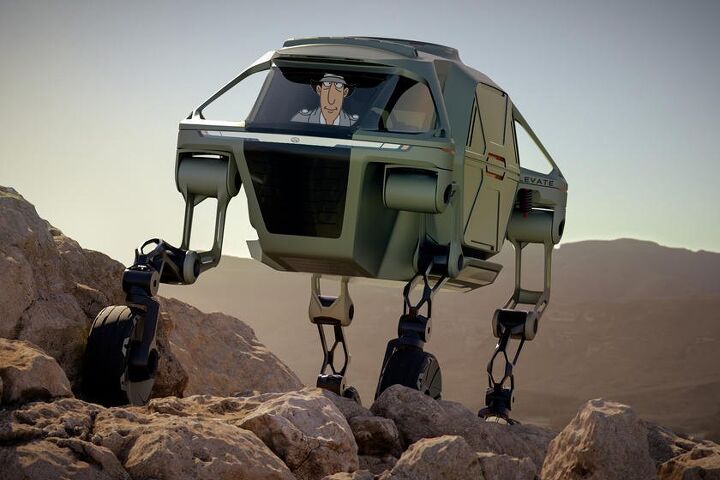


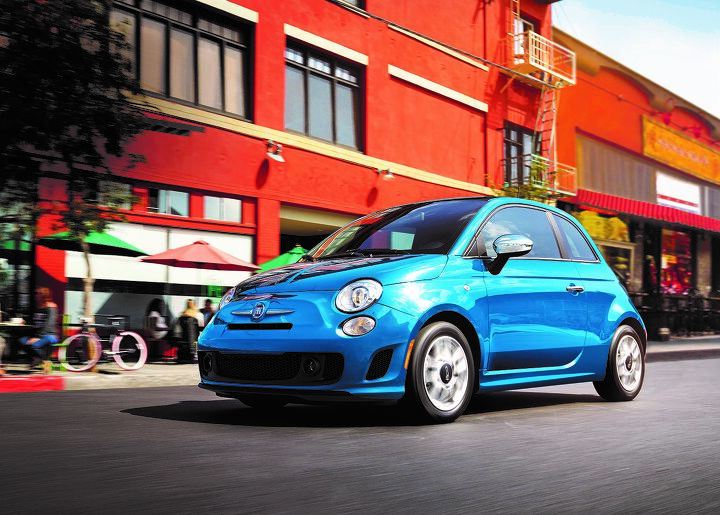


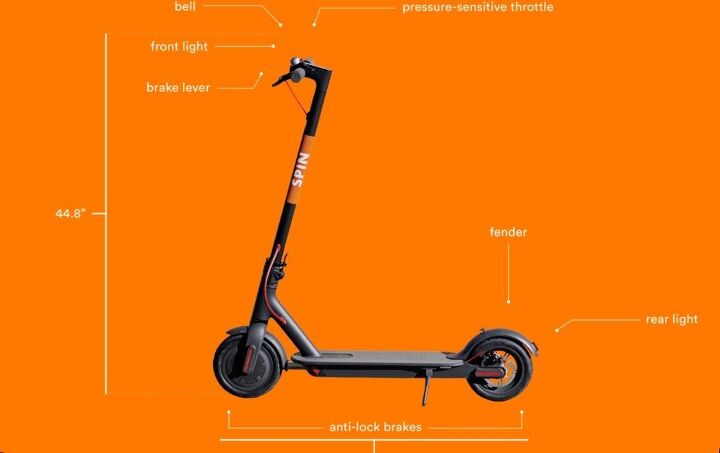


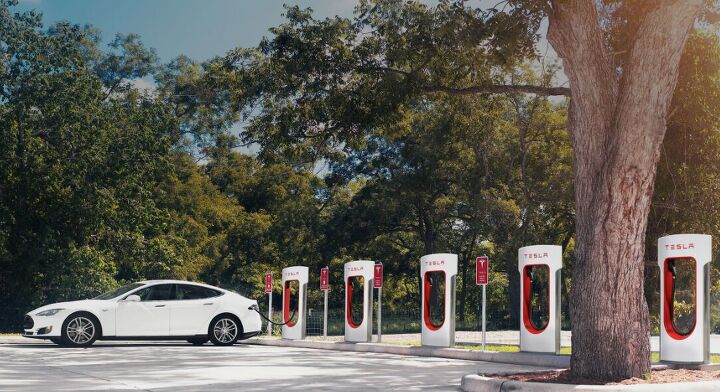

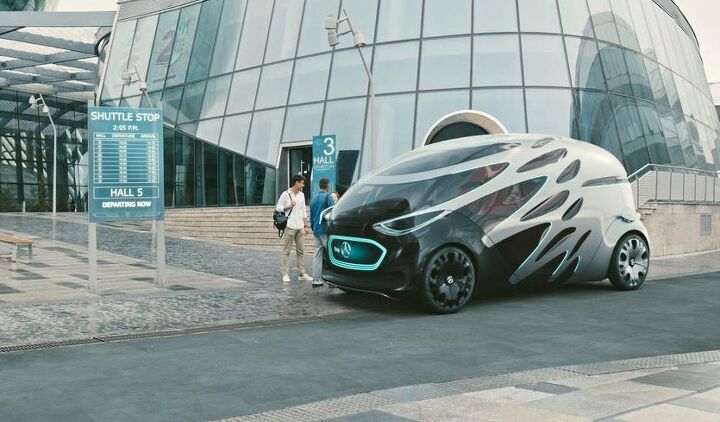

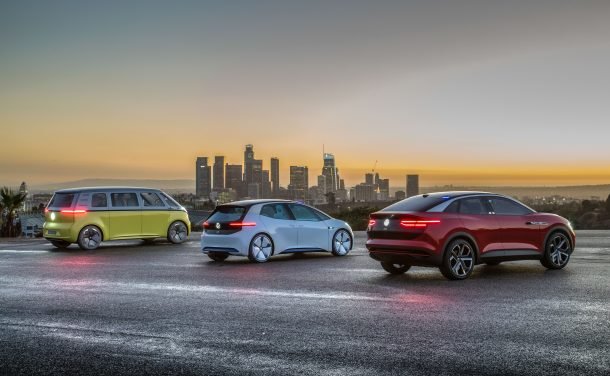













Recent Comments